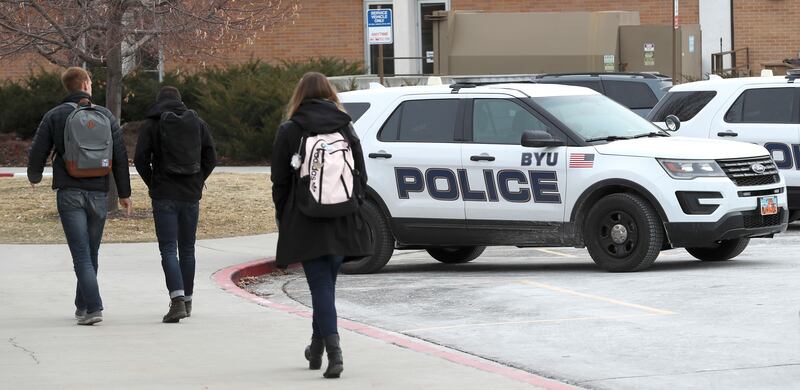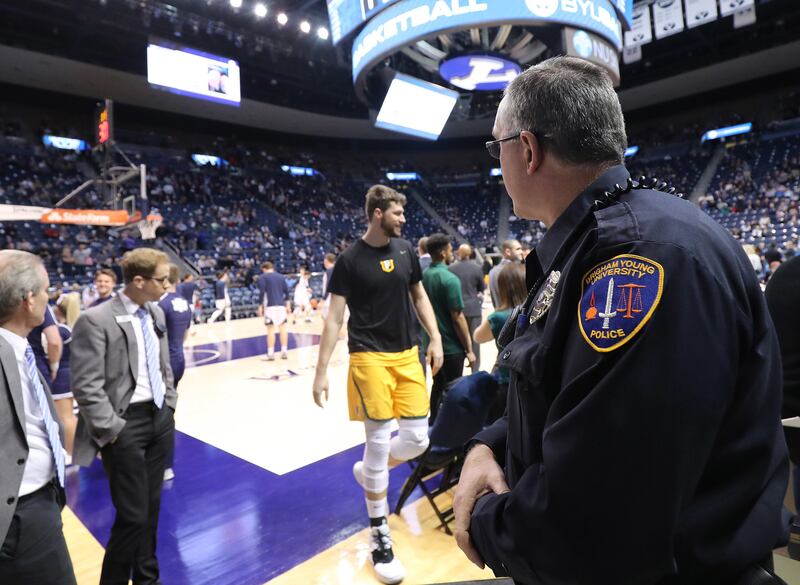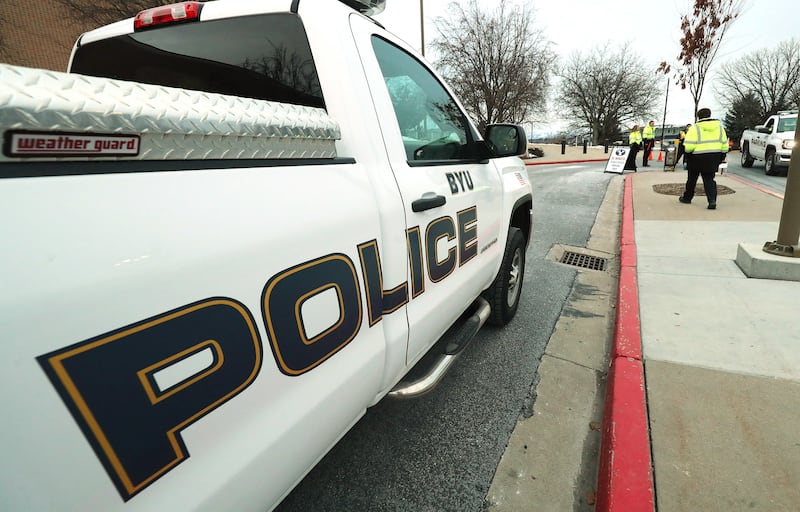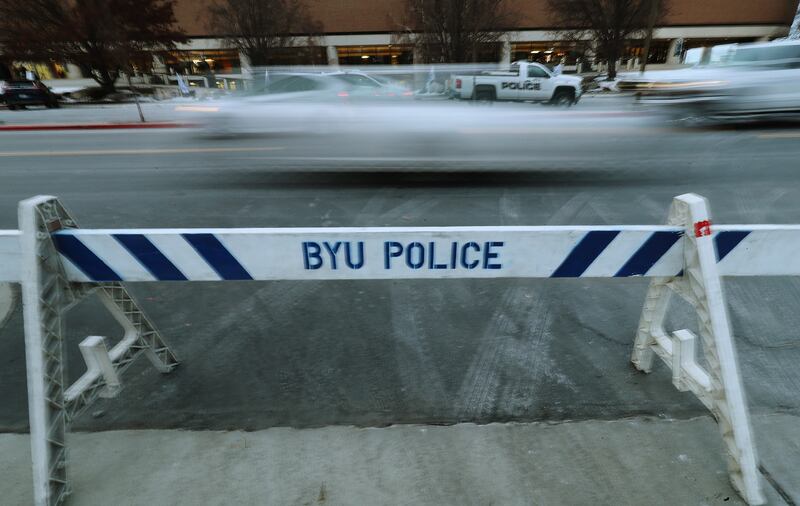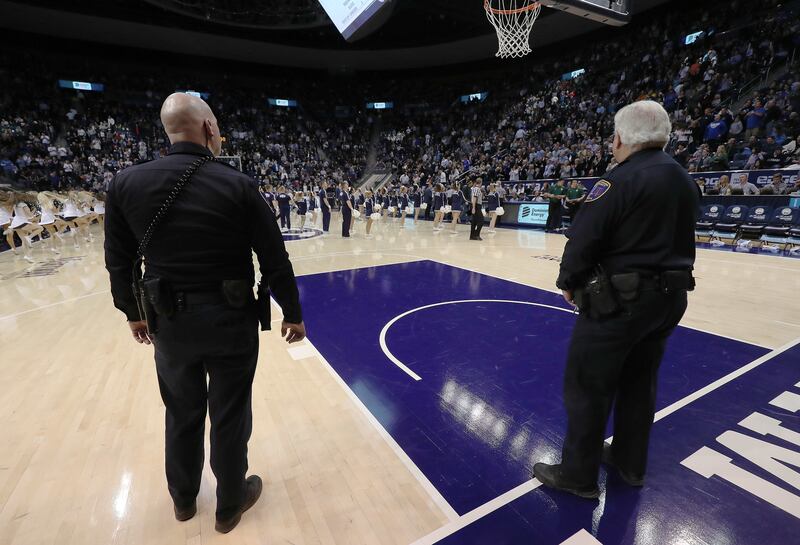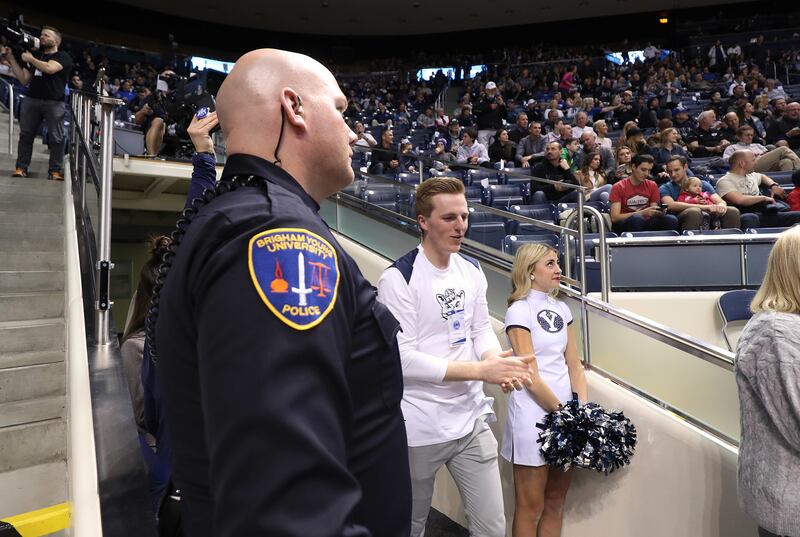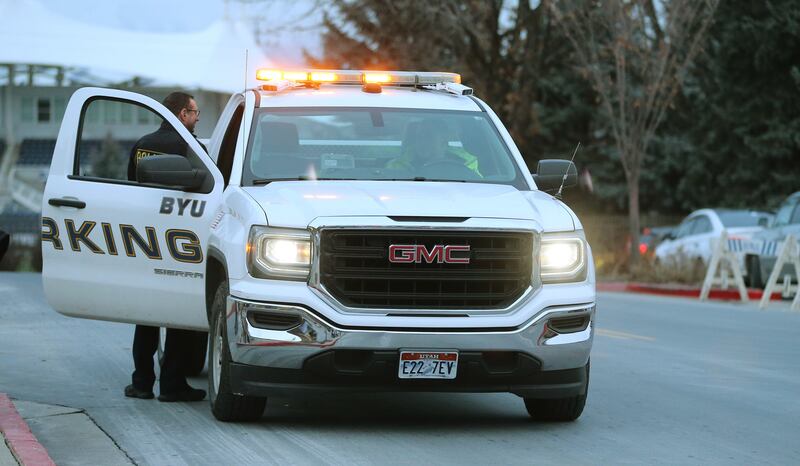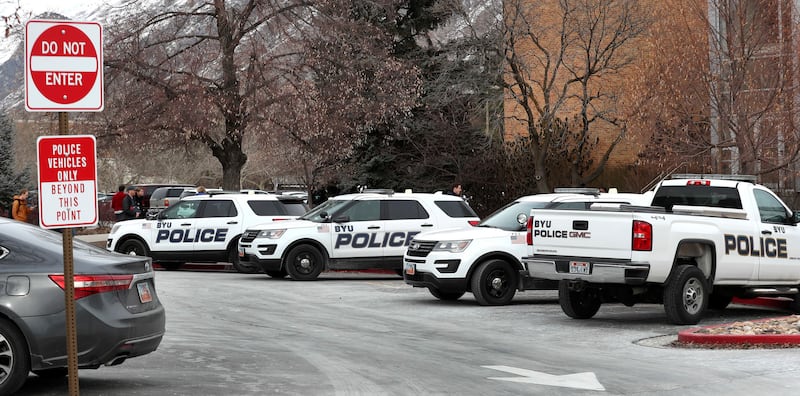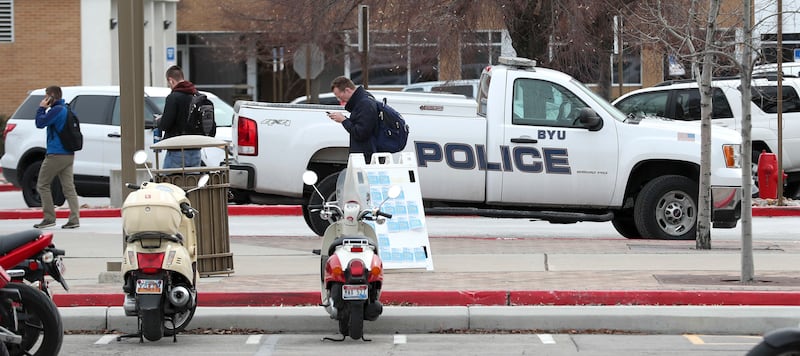PROVO — The BYU Police Department has been decertified by the state of Utah.
It will remain active as a police department, however, until Sept. 1 while BYU appeals the decision.
Information about the decision was released Tuesday on the same day a legislative committee unanimously voted to approve a bill targeting BYU that would clarify in state law that agencies like BYU's police force are subject to Utah public records law.
"The decision to decertify Brigham Young University Police Department is the culmination of three years of review by the Utah Department of Public Safety. After a great deal of effort and consideration, the decision to decertify BYU police was the sole determination of Commissioner Jess L. Anderson," the Utah Department of Public Safety said in a prepared statement.
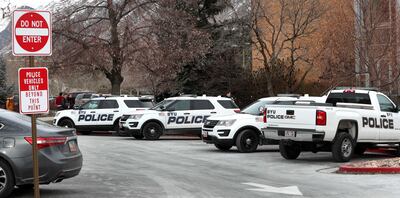
The state department officially notified the school of the decertification decision in a letter dated Feb. 20 to BYU President Kevin Worthen, stating that the police department had failed to comply with open records rules that all other law enforcement agencies are subject to.
According to the letter, BYU police "failed to comply with the certification criteria … spefically, between 2016 and April 2018, BYUPD failed to conduct an internal investigation into specific allegations of misconduct by a BYUPD officer and failed to report any findings found to be true to Peace Officer Standards and Training" as required by law.
The department also "failed to comply with a subpoena issued by POST" on June 28 into allegations of misconduct by a BYUPD officer," the letter states.
Peace Officer Standards and Training is responsible for training and certifying all Utah law enforcement officers and dispatchers.
BYU says it will appeal the decertification decision and believes its police force is an "internal department" of a private institution.
Utah Department of Public Safety spokeswoman Marissa Cote said the BYU department failed to comply with public records requests, even when the state was the one requesting records.
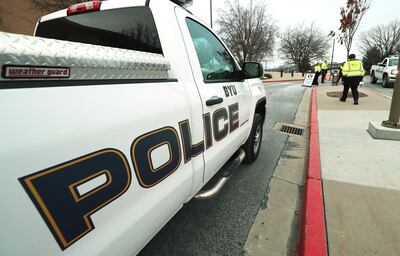
"It is important to our department that all law enforcement agencies and officers in Utah are held to the highest standard. We expect transparency and accountability by all who serve the public. We will give proper respect to the decertification process," a statement from the public safety department says.
In December, the state sent BYU a letter saying it risked decertification if its police department didn't allow "all records, personnel and electronic data deemed necessary by DPS to conduct an investigation of BYU" police to be reviewed by the state. The department was also warned BYU in the letter not to "destroy, tamper with, conceal or alter" any records or documents.
The state has granted an extension to BYU until Sept. 1 to find alternative policing if it does not plan to appeal the ruling. Once the decertification is finalized, the BYU Police Department would essentially have the same powers as a private security company. It would not be recognized by the state's Peace Officer Standards and Training or other departments as a law enforcement agency and its employees would not have the power to arrest people.
Individual officers at BYU would retain their Peace Officer Standards and Training certification for an additional 18 months to give them time to find a job with another police department.
BYU posted a reply on its website describing its intent to appeal the decision.
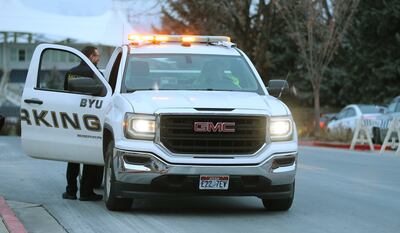
"BYU finds this decision confounding and disagrees with the grounds for seeking decertification. The Department of Public Safety believes that university police failed to meet criteria for an internal investigation and a response to a subpoena. BYU, however, believes that university police met all applicable criteria and is surprised that the commissioner is issuing a letter on these technical grounds.
"BYU plans to file a responsive pleading and demonstrate in a hearing how university police has complied with these certification criteria. BYU continues to believe that the best way to protect its students, and to protect BYU’s campus without putting a disproportionate fiscal burden on Provo’s taxpayers, is to have comprehensive police protection through Provo City and university police."
The controversy stems from a Government Records Access and Management Act request made by the Salt Lake Tribune seeking emails sent by BYU police regarding rape allegations made by a 19-year-old student in 2016.
BYU declined to release the emails, arguing it is a "privately funded, managed and operated police department within a private university." University attorneys contended the "stated purpose of GRAMA is to allow access to certain government records held by governmental entities — not to allow access to private records of private institutions such as BYU, or internal departments of private institutions, such as university police."
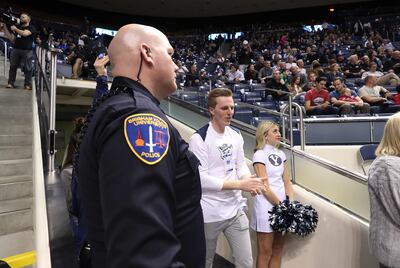
But in July, 3rd District Judge Laura Scott ruled that because BYU is a state-certified police force, it has to comply with the state's GRAMA rules. About a week after the court's decision, BYU announced it was filing an appeal. The case has since been appealed to the Utah Supreme Court, which has not yet set a date to hear the case.
Last week, Sen. Curt Bramble, R-Provo, introduced a bill in the Utah Legislature that would require BYU police to follow the state's open records rules. SB197 modifies the definition of a "law enforcement agency" in Utah to include "a private institution of higher education whose law enforcement entity or division is certified by the Commission of Public Safety," and that law enforcement agencies fall into the category of "governmental entities that are subject to government records provisions."
The bill passed the Senate Judiciary Law Enforcement and Criminal Justice Committee Tuesday 5-0.
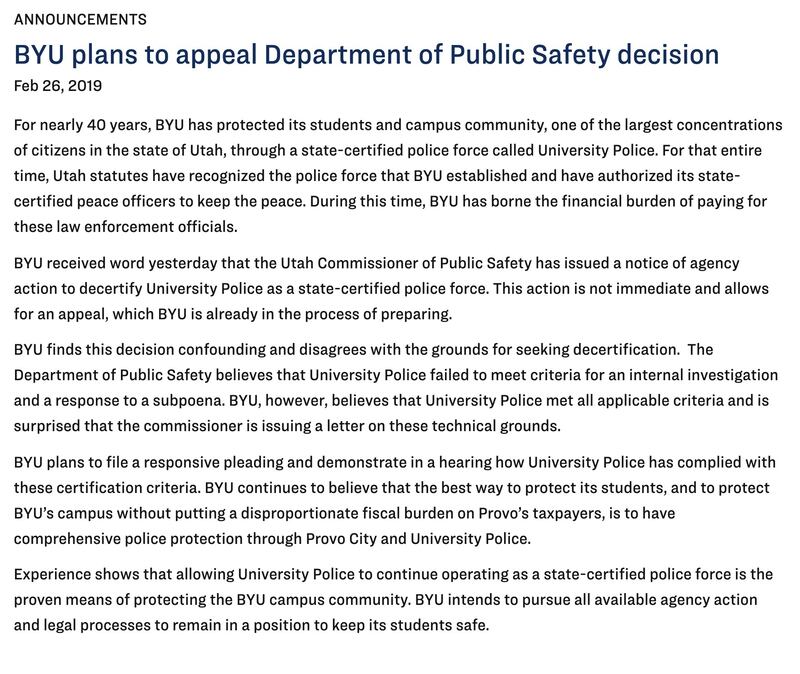
"This clarifies an ambiguity in the law that if an institution is going to have a police department … then they have to be subject to transparency like any other police department," Bramble said.
The bill, which moves on to the full Senate, won easy support from the committee after both BYU officials and an attorney representing the Utah Media Coalition urged support for the bill.
Heather Gunnarson, BYU's general counsel, and BYU Police Chief Chris Autry spoke in favor of the bill, calling for clarification in state law.
"We agree that university police should be subject to the same level of transparency and accountability as any other law enforcement office in the state," Gunnarson said.
But because SB197 would not be retroactive, it would only apply to future public records requests, and it wouldn't solve the lawsuit BYU is appealing to the Supreme Court, according to Bramble.
Contributing: Katie McKellar

